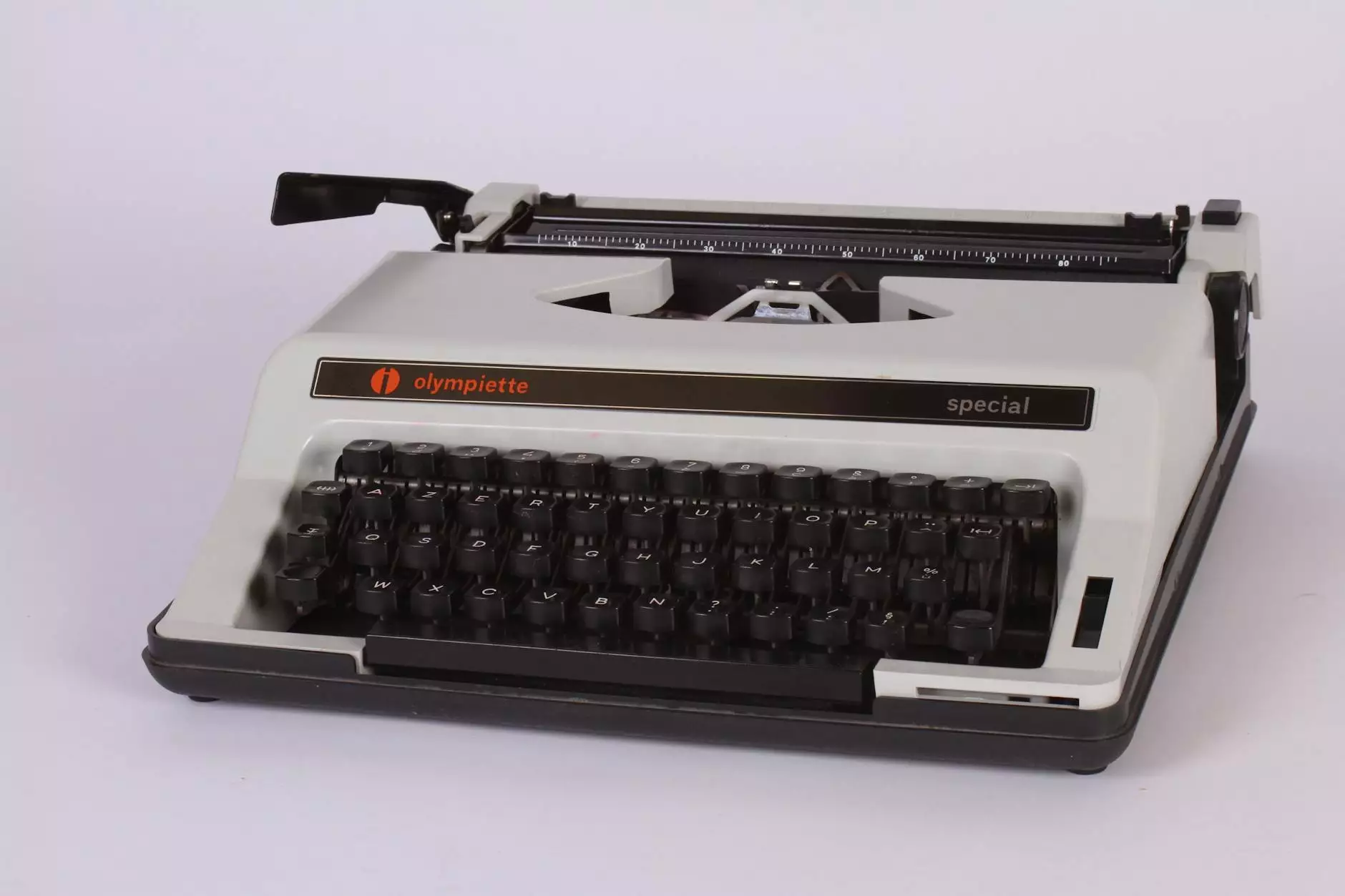Understanding Prop Trading Accounts: A Comprehensive Guide

What is a Prop Trading Account?
A prop trading account, short for proprietary trading account, is a unique type of trading account typically used by professional traders who trade with a firm's capital rather than their own. In this setup, traders are provided with funds by the brokerage firm or financial institution, allowing them to engage in trading activities that they may not otherwise afford.
The Structure of Prop Trading
At its core, a prop trading account operates under an agreement between the trader and the firm. Here's how it generally works:
- Capital Allocation: The firm allocates a specified amount of capital to the trader based on their experience, trading strategies, and past performance.
- Profit Sharing: While traders use the firm's capital, they also share a portion of the profits with the firm, usually in a pre-determined ratio.
- Risk Management: Firms often have strict risk management guidelines to minimize losses and ensure responsible trading practices.
Advantages of Prop Trading Accounts
Opting for a prop trading account comes with numerous advantages that can greatly enhance a trader's career:
1. Access to Significant Capital
One of the most significant benefits of a prop trading account is the ability to access a larger pool of capital. This not only allows traders to take larger positions but also enables increased potential profits.
2. Leverage and Margin
Prop firms often offer traders substantial leverage, allowing them to control larger trades than they could with their own capital. This margin trading can amplify profits but comes with higher risk.
3. Reduced Financial Risk
Since traders are trading with the firm's capital, they limit their personal financial risk. This can provide peace of mind, allowing them to focus on strategy and trades without the anxiety of losing personal funds.
4. Professional Development and Resources
Many prop trading firms provide their traders with training, resources, and platforms that promote professional growth. This environment helps them develop their skills and advance their trading careers.
How to Get Started with a Prop Trading Account
Starting with a prop trading account requires a proper understanding of the process and the requirements involved:
Step 1: Research and Choose a Reputable Firm
Before diving in, it’s essential to perform thorough research to find a reputable prop trading firm. Look for:
- Firm Reputation
- Asset Classes Offered
- Fee Structures
- Leverage Offered
Step 2: Meet the Requirements
Most firm requires potential traders to meet specific qualifications, which may include:
- Trading Experience
- Demonstrated Profitability
- Knowledge of Risk Management
Step 3: Complete an Application
Once you’ve chosen a firm, the next step is to complete an application. This usually includes providing your trading history and desired capital allocation.
Step 4: Participate in Evaluation and Testing
Many firms have evaluation programs where new traders must prove their capabilities. This often involves trading with simulated funds under specific conditions to assess performance and strategy.
Types of Prop Trading Strategies
Traders use various strategies to maximize the potential of their prop trading accounts. Here are some common strategies employed by successful traders:
1. Day Trading
Day trading involves buying and selling financial instruments within the same trading day. This strategy capitalizes on short-term market movements and can yield significant profits when executed correctly.
2. Swing Trading
Swing trading focuses on taking advantage of price swings over days or weeks. Traders using this strategy analyze market trends to identify opportunities for entry and exit, capturing larger movements without the need to monitor positions constantly.
3. Arbitrage
Arbitrage involves finding price discrepancies in different markets or instruments. Traders can exploit these differences by buying low in one market and selling high in another, ensuring a profit in the process.
Challenges Faced by Prop Traders
While there are numerous advantages to having a prop trading account, traders may face challenges that can affect their performance:
1. Pressure to Perform
Traders are often under immense pressure to generate profits since they are trading the firm’s capital. This pressure can lead to emotional decision-making instead of sticking to a well-thought-out strategy.
2. Risk of Loss
Despite the limited personal financial risk, firms often impose strict limits on losses. Failing to adhere to these limits can lead to termination from the prop trading role.
3. Limited Independence
Traders must operate within the confines of the firm’s rules and regulations. This can limit their trading strategies and the variety of assets analyzed.
Conclusion: Elevate Your Trading Career
A prop trading account opens the door to numerous opportunities within the financial markets. By providing access to substantial capital, advanced trading resources, and a professional trading environment, prop trading can be a career-defining choice for motivated individuals. However, being successful requires dedication, strategic thinking, and a deep understanding of market dynamics. If you believe you have what it takes, consider exploring the world of prop trading to elevate your trading career to new heights.
FAQs About Prop Trading Accounts
1. Can anyone open a prop trading account?
Most firms require traders to meet specific qualifications, including trading experience and a demonstrated understanding of risk management. However, those who meet these criteria can typically apply for a prop trading account.
2. How are profits shared in prop trading?
Profit-sharing arrangements vary by firm but typically involve splitting profits between the trader and the firm, often in a predefined ratio.
3. What assets can I trade with a prop trading account?
Prop trading firms offer a wide range of financial instruments, including stocks, options, futures, and currencies. Check with individual firms for their specific offerings.
4. What skills do I need to be a successful prop trader?
Successful prop traders typically exhibit strong analytical skills, discipline, an understanding of market trends, and a capacity for managing risk effectively.









